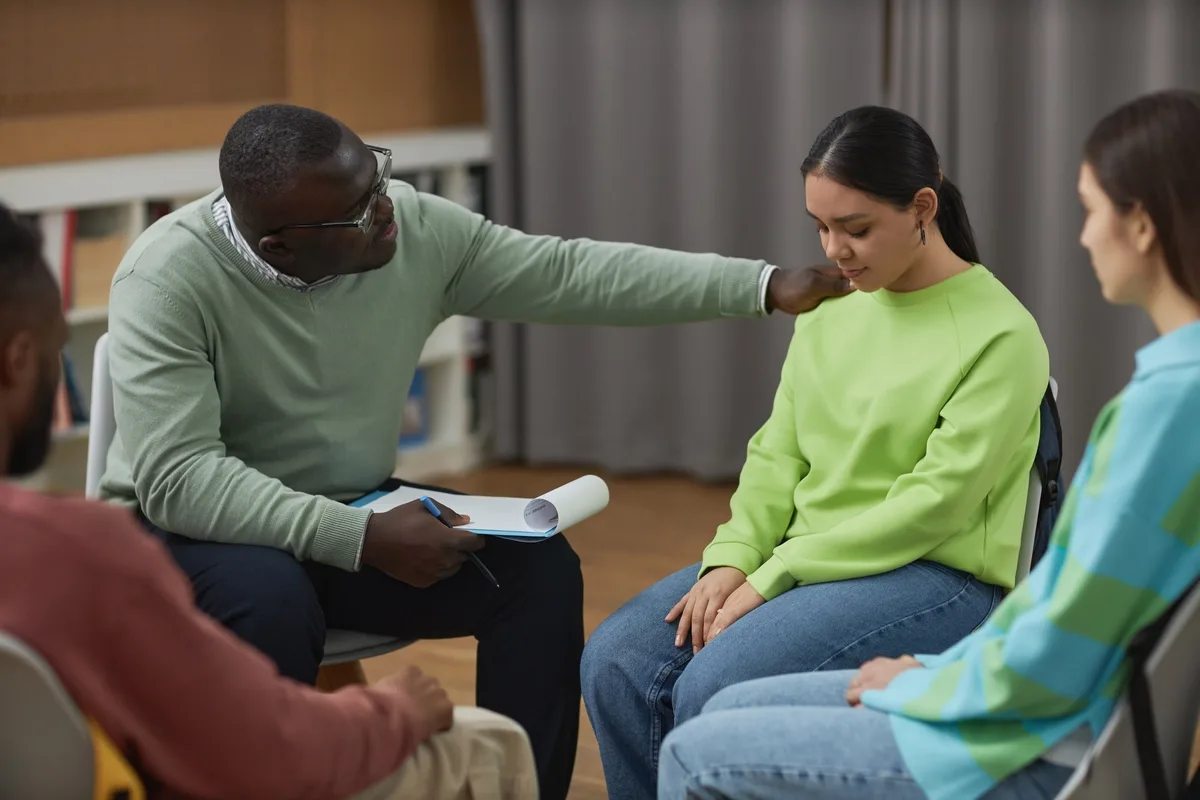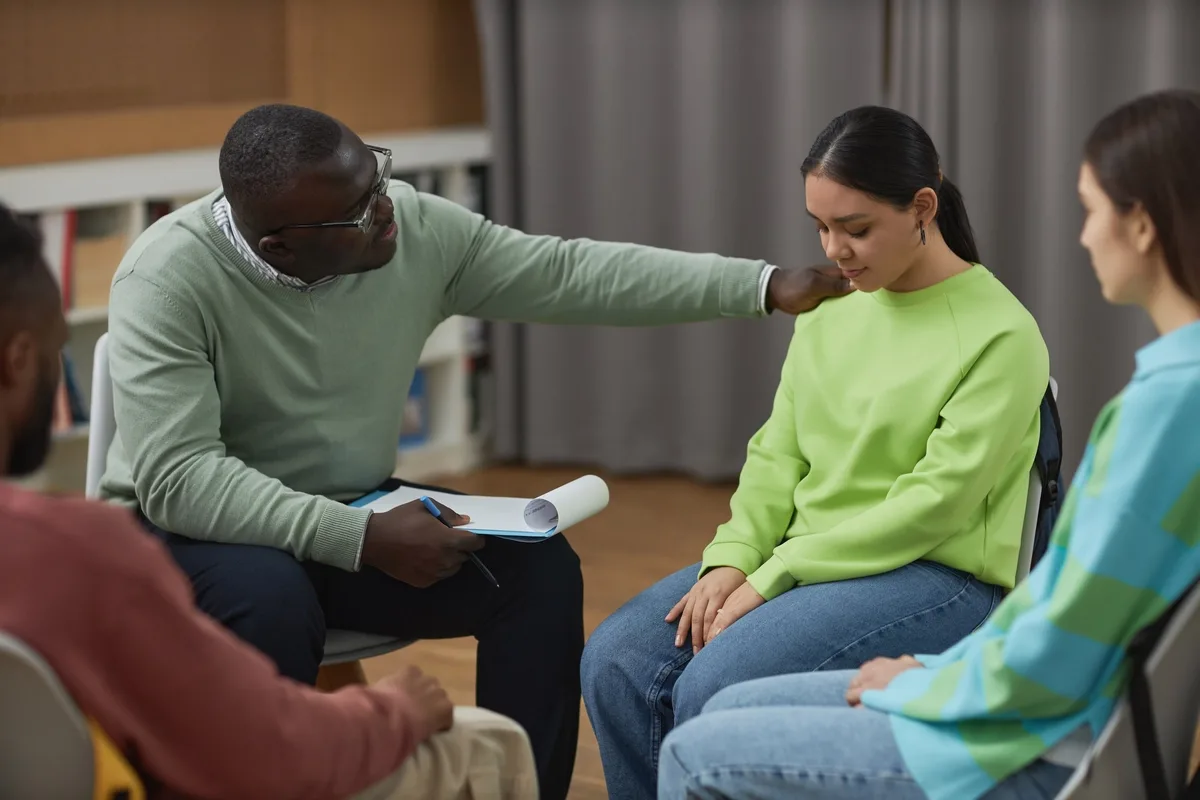serves as a vital segment of addiction recovery, addressing the ongoing needs of individuals after they have undergone primary treatment. These rehab centers focus on various substance dependencies, including alcohol, opioids, stimulants, and prescription medications, among others. The treatment approaches are widely diverse, incorporating evidence-based therapies, holistic practices, and tailored support initiatives designed to fit each individual’s unique circumstances. Aftercare Support rehab centers in Goodridge are instrumental in reinforcing the skills learned during initial treatment and ensuring continued recovery. The need for such facilities has risen sharply in recent years, mirroring an alarming increase in addiction rates across the nation. Established in response to this urgent public health crisis, these centers have a profound impact, providing essential guidance and community resources that bolster sustained sobriety. By facilitating structured programs and ongoing support networks, they empower individuals to navigate the challenges of post-rehabilitation life more confidently, effectively reducing the risk of relapse. The journey to recovery is complex and ongoing, making these Aftercare Support rehab centers in Goodridge crucial for long-term success. Their commitment to individualized care has been recognized nationally, reflecting a deep-seated belief that recovery extends far beyond the walls of initial treatment.
Learn more about Aftercare Support centers in Goodridge




























































